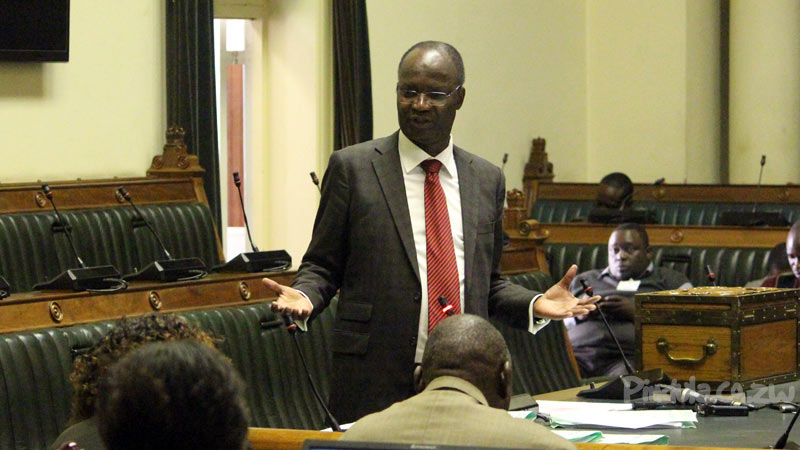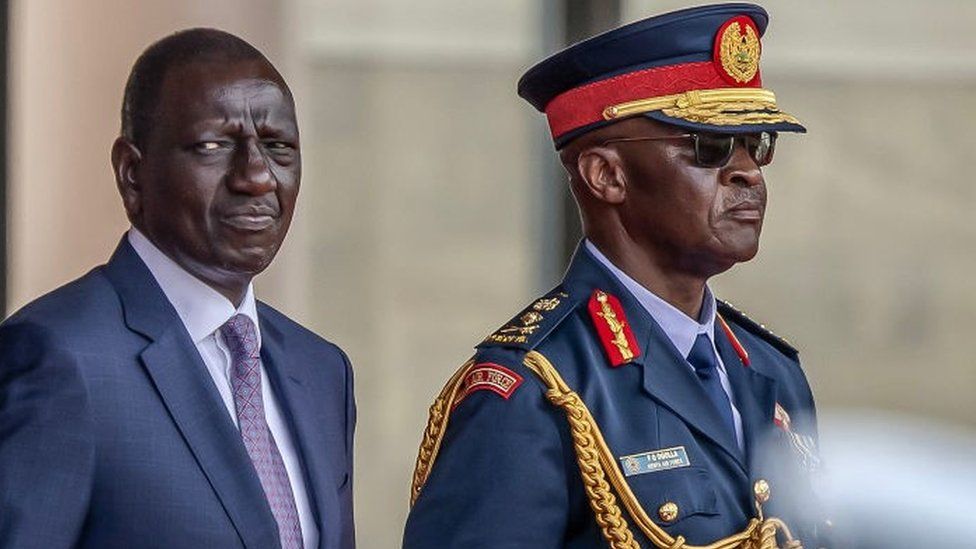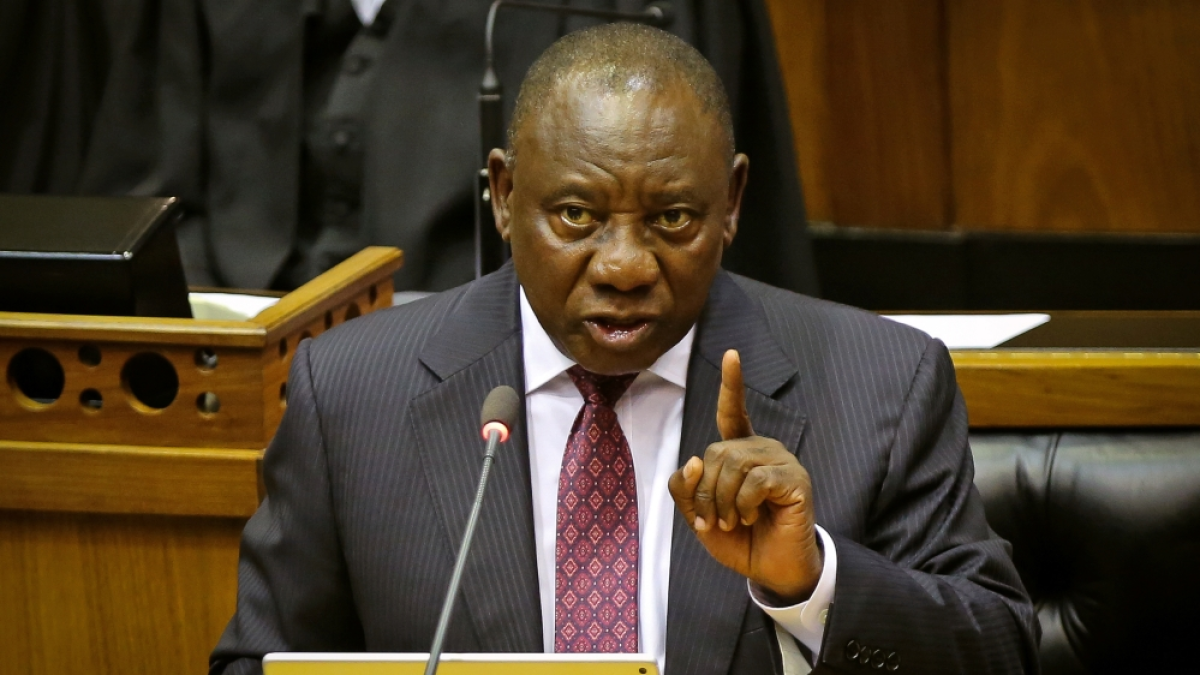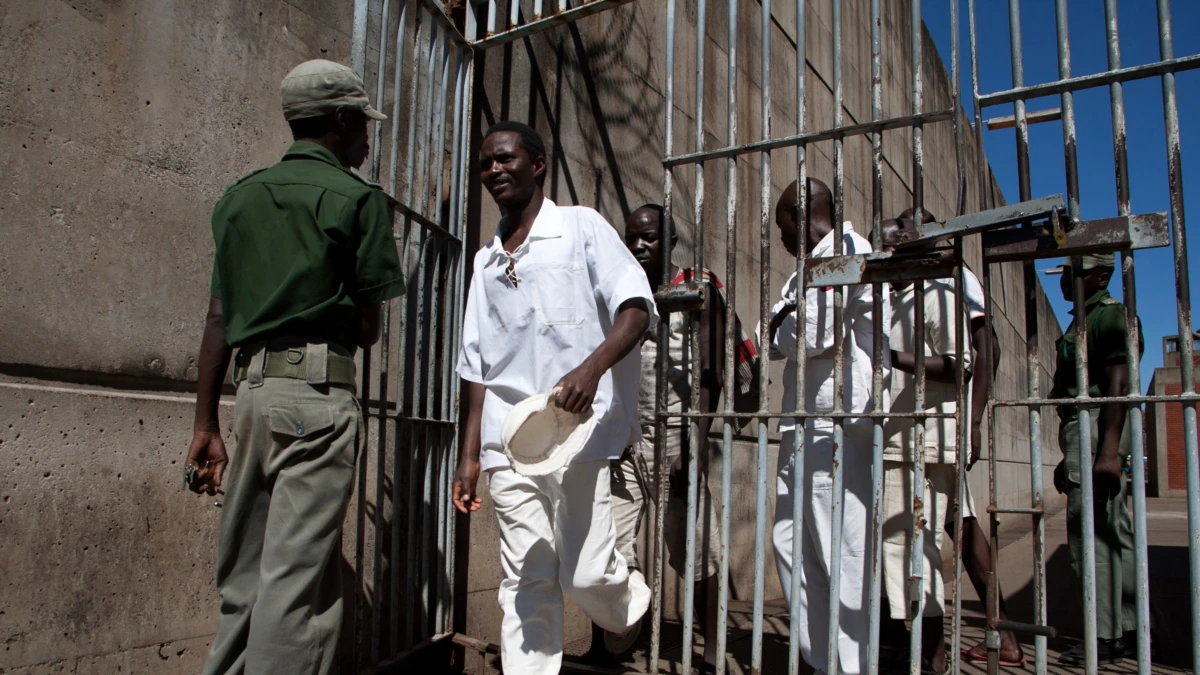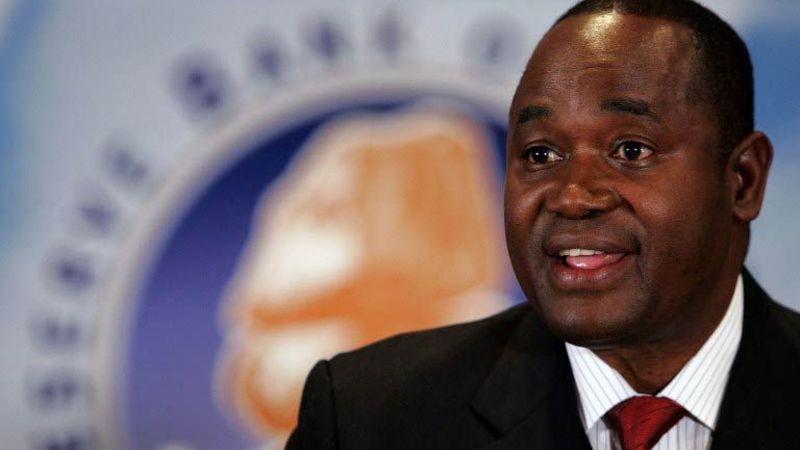BULAWAYO – A proposed new law criminalising the identification of rogue state agents committing rights abuses must be “defied with contempt”, former minister Jonathan Moyo has said.
Godfrey Gandawa, the former deputy minister of higher and tertiary education, said identifying rogue agents who commit crimes against civilians was a “civic duty.”
Justice minister Ziyambi Ziyambi last weekend announced that ministers had decided against a so-called Patriot Bill which would also prohibit Zimbabweans from “speaking with indecent haste against their own country on issues of foreign relations.”
Instead, President Emmerson Mnangagwa’s regime now intends to incorporate the provisions through an amendment of the Criminal Law (Codification and Reform) Act.
“In the process of reviewing the Criminal Law (Codification and Reform) Act, it has been further identified that the current provisions do not cater for the protection from publication of the identity of members the security services, including informants and sources,” according to a cabinet memorandum cited by the Sunday Mail.
“Furthermore, it is proposed that Section 30 be amended to include the act of publication of the identity of members of the security services, including that of informants and sources as an offence of causing disaffection of officials.”
Since @ProfJNMoyo posted these images he alleged to be of young men belonging to a multi-security agencies hit squad, he said are called ferrets, I now “see them everywhere” including in some very unpleasant dreams in which I caused harm to some. How can I unsee these images? pic.twitter.com/tAKGz5SwyP
— ZANDATOTO (@xandatoto) September 14, 2020
The proposed law change comes after Moyo, who lives in exile in Kenya, in August named nearly a dozen Central Intelligence Organisation agents he said were involved in the abduction and torture of 22-year-old journalism student Tawanda Muchehiwa, the nephew of ZimLive editor Mduduzi Mathuthu.
Muchehiwa was tortured for three days and then dumped barely clinging to life, his kidneys almost shutting down.
The former information minister identified several agents and linked them to a notorious unit known as the Ferret Team, Ferret Squad or simply Ferrets, which is accused of abducting and torturing opposition activists with impunity.
Following Moyo’s disclosures, several of the agents were transferred from Bulawayo for their own safety, ZimLive understands.
Moyo says naming the rogue agents increases the cost of repression at an individual level.
“First, the proposed law which has no precedence in any constitutional democracy is an effective admission that Mnangagwa’s rogue regime uses its security forces to kill civilians in the streets, as happened in August 2018 and January 2019; and to abduct and torture targeted citizens,” Moyo said.
“Second, by criminalising the identification and naming of its security agents who kill, abduct and torture citizens; the rogue regime is in effect authorising the commission of crimes against humanity and protecting the perpetrators of the crimes.
“In the circumstances, the proposed law would be a crime against humanity by its intent and design. This proposed law must be robustly opposed through protests and demonstrations to prevent its enactment, and if it should become law, it would have to be defied with contempt.”
Gandawa said it was concerning that the government was intent on protecting rogue agents.
“Undermining the work of the security services by exposing their identities should indeed be a criminal offence. But that, like anything, must be qualified,” Gandawa said.
“When citizens have evidence of unlawful actions by security services, they have a civic responsibility to expose them. If this law is passed without qualification, information about the abduction and presumed killing of Itai Dzamara will never be public. Had it been in place, this law would have prevented us from knowing the men behind the abduction and torture of Tawanda Muchehiwa.
“Publishing information that is in the public interest, such as torture, is an essential element of a functional democracy, a burden carried largely by the media, whistle-blowers, and brave activists. In any case, why would a legitimate government want to protect rogue agents?”
